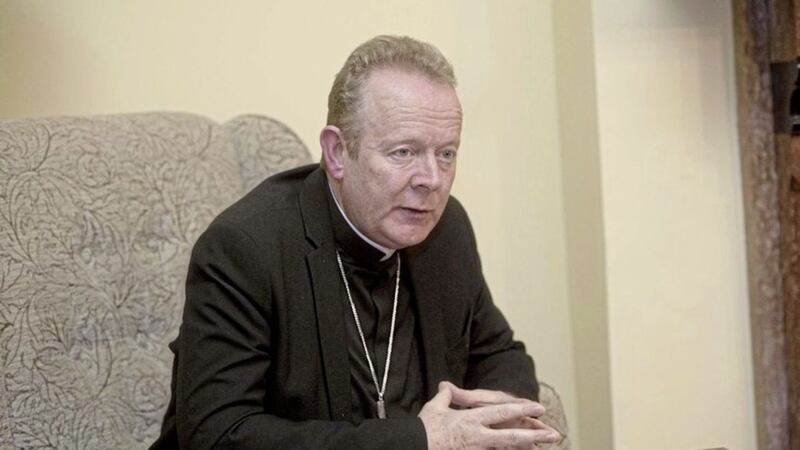The nationalist people of the north and the majority of people (unionist and nationalist and other) who voted to Remain in the 2016 referendum have never had better representation on the primary issues of concern to them, since the partition of Ireland nearly 100 years ago.
They are represented by the Irish government, An Taoiseach Leo Varadkar, Tánaiste Simon Coveney, Sinn Féin president Mary Lou McDonald TD, MEPs Martina Anderson and Naomi Long and Sinn Féin’s seven MPs.
They are also ably represented by the assembly-based pro-Remain group of parties: Sinn Féin, SDLP, Alliance and Greens.
In addition, a host of councillors from all parties and independents on the north’s eleven councils are actively representing the people who elect them.
The sum total of this representation means that in all the key parliamentary institutions, which matter and which are keen to help the people of Ireland, north and south - the Dáil and Seanad, the EU parliament, the opposition at Westminster - the voice of the people of the north is heard loud and clear.
It was therefore very surprising indeed to read the reported comments of the Catholic Archbishop of Armagh and Primate of Ireland, Eamon Martin, in the ‘Irish Times’ last Wednesday.
He told the ‘Irish Times’ that Catholics in the north “feel disempowered” and “disenfranchised” – “We don’t have Catholic representation, let’s call it nationalist/republican representation at Westminster”.
He is quoted as saying, “they simply do not know what is happening”.
I think the archbishop’s assessment of the mood among northern Catholics, nationalist/republican and the Remain voters is too narrowly focused on Westminster and is arguably a partitionist approach to politics.
He seems to have overlooked a number of highly significant national developments: the Remain vote of 2016 and what it represents in terms of new thinking among the majority of people who voted; the loss by the unionist parties of their majority in the assembly the following year; the election of seven abstentionist MPs; the election of two Remain MEPs to one pro Brexit unionist MEP.
Also, a number of civic-based organisations, nationalist and unionist, are leading debates about Ireland’s future and all of this is taking place against a background of a growing nationalist community in the north, with the potential to be a voting majority in the years between 2023-30.
The question of Ireland’s future as an independent country is now casually on the lips of many of its leaders.
In an interview last week in Stockholm on how to avoid a Brexit border in Ireland the taoiseach listed five methods - four of which the Irish government would support, and first among these was a united Ireland. And while the taoiseach said the debate on whether there was support for a united Ireland was ongoing he also said the government’s immediate preference was the proposed ‘backstop’.
Archbishop Eamon Martin’s remarks do not appreciate the significant shift that took place from the SDLP to Sinn Féin in the 2017 UK general election, which resulted in Sinn Féin winning seven Westminster seats.
The party stood on its long-held active abstentionist policy and the nationalist electorate made an informed and decisive choice to back them.
Indeed, Colum Eastwood, in the leader’s debate in Féile an Phobal in 2017 said ‘the people of the north have turned their back on Westminster.’
And he was and still is right.
In terms of Ireland – the ‘house of chaos’ Westminster has always been the problem.
Attendance at it does not serve the interests of the people of Ireland, nationalist or unionist.
To argue, as some people do, that attendance at Westminster gives nationalists a voice is absurd when you consider the off-handed manner in which Boris Johnson arbitrarily suspended it – and the way the 35 votes of the SNP MPs are routinely dismissed.
Hundreds of MPs could not prevent this from happening; seven extra MPs from Sinn Féin would not have either.
Brexit threatens Ireland politically and economically in a way unseen since the years before and after partition.
The place for its elected representatives is in Irish institutions – the Dáil, Seanad and assembly, (on the right basis).
Westminster is the past. Its sole role should be to assist the transition to a new, shared and independent Ireland.
Archbishop Eamon Martin might reflect on that scenario with all the optimism that it generates.








